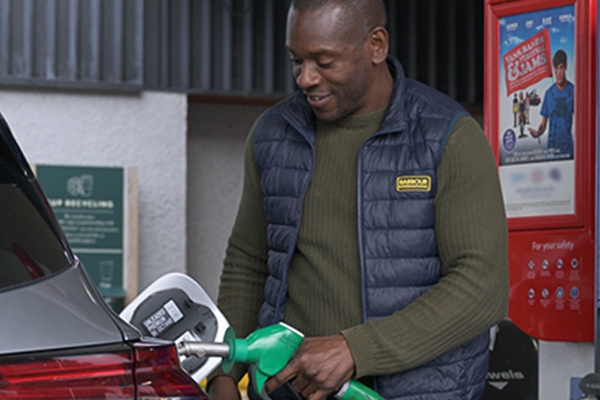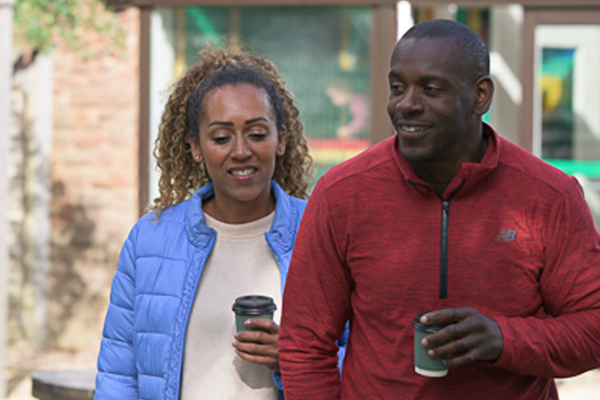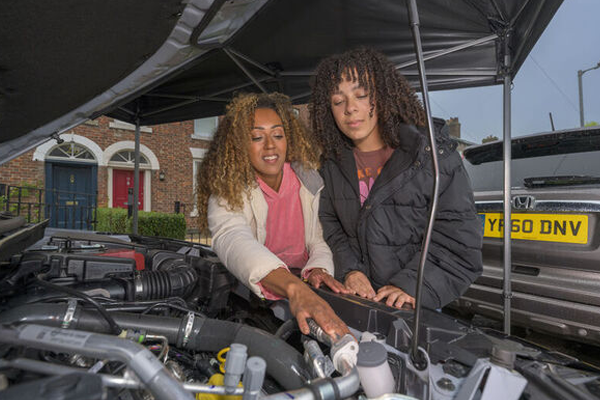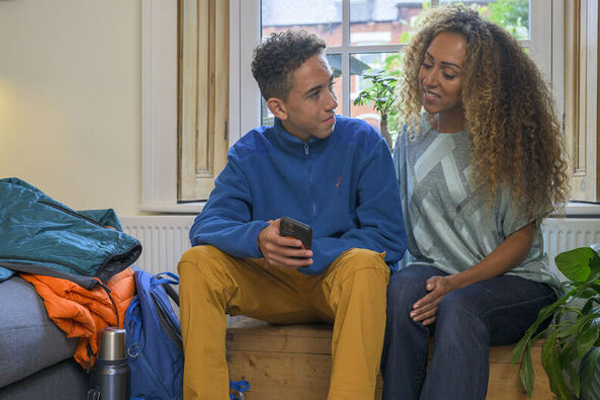Have a safe T.R.I.P. this winter


We want you to have a safe T.R.I.P. this winter
We want you to be safe on the roads this winter.
As temperatures drop and the risk of snow, ice, and heavy rain increases, being prepared before you set off has never been more important.
Learn your Safe T.R.I.P. Checks.
Winter breakdowns on motorways and major A roads have risen by 21% over the last five years, with more than 67,000 incidents recorded between December 2024 and February 2025 alone – and slippery roads due to the weather continue to be one of the leading causes of serious incidents each winter.
This winter, our T.R.I.P. campaign focuses on “P” for Prepare. Our teams are working around the clock to prepare the network for adverse weather – ensuring gritters are ready and salt supplies are topped up – and there are steps you can take to prepare yourself too.
Before you travel, use a route planner to map your trip and check for any traffic updates or delays. Always check the weather forecast, ensure your fuel, oil and screenwash are topped up, your battery is sufficiently charged, and pack essential winter items. Don’t leave for a long journey without an ice scraper, torch with spare batteries, warm clothing, blankets, snacks, water, a fully charged mobile phone, and jump leads, so you’re ready if you break down.
Your chance to win up to £50 vouchers with our new T.R.I.P. game
We’ve also created the new T.R.I.P. “Fill Your Boots” online game to show the simple T.R.I.P. safety checks every driver should do before setting off — from checking tyre tread depth and ideal tyre pressure to making sure your vehicle is winter-ready. To celebrate, we’ve partnered with Halfords to give one lucky winner each month the chance to win up to £50 in Halfords vouchers, redeemable online or in-store until 9th May 2027. By playing the game, you’ll be automatically entered into our monthly prize draw for the next 12 months.
Play the game and enter nowT.R.I.P. Top-up, Rest, Inspect, Prepare
T
Top-up
fuel, oil, screen-wash
R
Rest
every 2 hours
I
Inspect
tyres
P
Prepare
for weather




